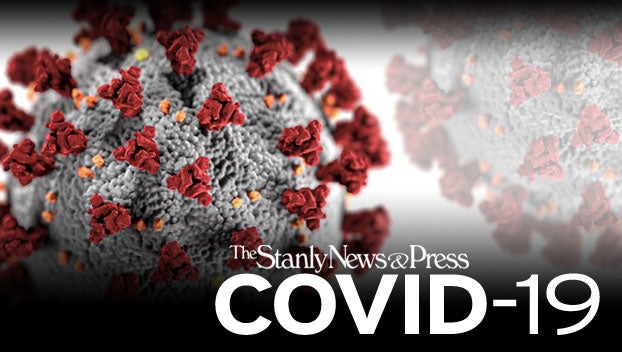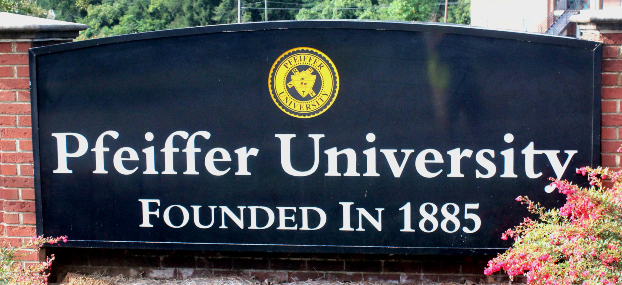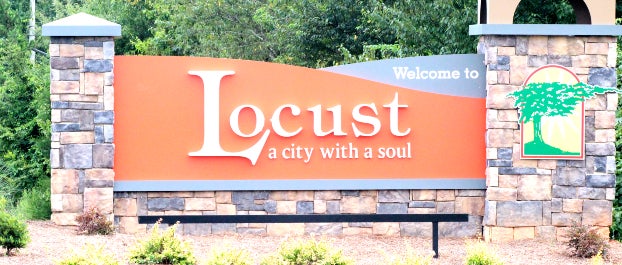Health director: Cases, quarantines would likely be ‘exponentially higher’ without masks in schools
Published 2:53 pm Monday, September 13, 2021
|
Getting your Trinity Audio player ready...
|
Like virtually every other district in the state, the first few weeks of school for Stanly County students have been difficult as rising cases and quarantines have forced many away from in-person learning and back to working from home.
For Stanly County Schools, the number of cases reported among students recently more than doubled the caseload compared to the week prior, according to new data the district released on its website last Tuesday via its COVID-19 dashboard. The number of students and staff quarantined rose to more than 1,200, from nearly 500 the previous week.
The number of positive cases in the district stood at 148, compared with 83 the week before, the dashboard shows. For the week of Aug. 29-Sept. 4, 38 elementary students tested positive, 30 middle schools students and nine students from Oakboro Choice STEM. There were also 61 cases among high school students, including 23 at North Stanly High.
Several parents spoke out in frustration during Tuesday night’s school board meeting about why these outbreaks have been occurring when all students and staff have been wearing masks. The data has been used by many as a sign that masks are not effective.
The rise in cases and quarantines is not necessarily a surprise to many health officials, especially since the delta variant is more contagious than previous strains of the coronavirus.
But while the current numbers are not ideal, without masks in place, there would likely be a much greater number of infections and students in quarantine, according to Stanly County Health Director David Jenkins.
“Look at what the impacts would have been had we not had masks in schools,” he told The Stanly News & Press. “You’d have seen a greater number of isolations or quarantines in those instances.”
He added that without masks, the number of new cases and quarantines would be “exponentially higher” because whole classrooms would have to quarantine.
To help illustrate his point, Jenkins brought up Union County Schools, the only district in the region that has not required masks for students and staff. It has more people quarantined than any other nearby district, including Charlotte-Mecklenburg. There have been almost 7,400 students and staff quarantined, along with 480 people who have tested positive, according to its weekly COVID-19 dashboard.
Masks are effective because they prevent the likelihood of droplets, emitted when people talk, laugh, sing, cough and sneeze, from reaching and infecting other people, officials have said. These droplets are how the coronavirus spreads.
While the health department has been working closely with SCS to address issues and concerns, Jenkins said there will always be a certain amount of infection identified within the schools, originating as a result of widespread community transmission.
“Most of what we’re seeing with the positive cases are coming from household contacts and outside the classroom,” Jenkins said.
This is largely a result of the fact that the virus is currently so widespread throughout the county. Stanly’s percent positive rate, which is the percentage of all coronavirus tests performed that are actually positive, has been steadily increasing over the summer and was at 14.5 percent on Friday, a dip from 16.6 percent the previous week. That’s well above the 5 percent benchmark state health officials use to determine if the virus is widespread throughout a community.
To put it into perspective how quickly the virus has spread during this current wave, the county’s percent positive rate was less than 2 percent at the end of June.
As a result of the highly transmissible delta variant, people who previously weren’t as impacted are now getting infected, including children 17 and younger, who account for more than 25 percent of all cases, according to data from the health department.
Even though children are still extremely unlikely to get seriously sick or die from the virus, a point many opponents of masks in schools have cited during recent school board meetings, Jenkins worries about young people with underlying medical conditions, who are at higher risk of developing serious symptoms.
"Anytime you have such a diverse population, every individual physical body responds differently to COVID-19," he said. "And there are children that have underlying conditions that may be affected differently. We can't make the blanket statement that all children in Stanly County are perfectly healthy."
'Compassion for others'
During the SNAP interview, Jenkins talked about how he doesn't understand how masks have become such a divisive topic for so many people, since credible medical organizations ranging from the World Health Organization and the Centers for Disease Control to state health departments universally recommend people wear them when in areas of high community transmission, which includes every county in North Carolina.
More than 1,800 people, part of the group Unmask Stanly County Schools, have signed a petition for the school board to make masks optional. Many members of the group, mostly parents, continue to speak out against masks during school board meetings.
"People just need to have more compassion for others," Jenkins said, noting that masks do not infringe upon or jeopardize people's liberties or freedoms; they simply are another tool to help protect the health of the people and the community.
And contrary to what some might believe, Jenkins said there is no information he is aware of showing that wearing masks pose any kind of health risk for people.
When it comes to masks in schools, Jenkins said they are needed to safeguard the health of students and staff, noting that masks are meant to protect other people more than the individual wearing them.
"We're not trying to control people," he said, "we're just trying to keep the kids in the classrooms and keep them healthy and safe."





